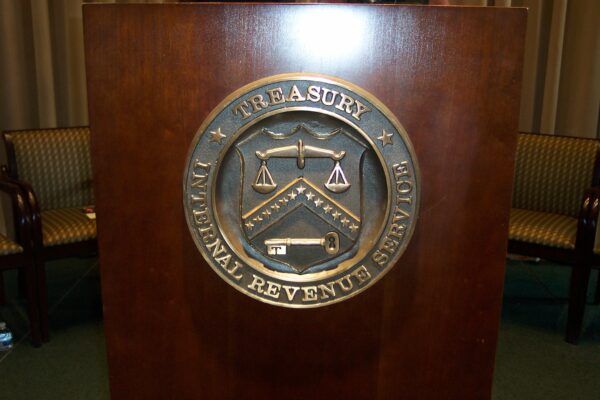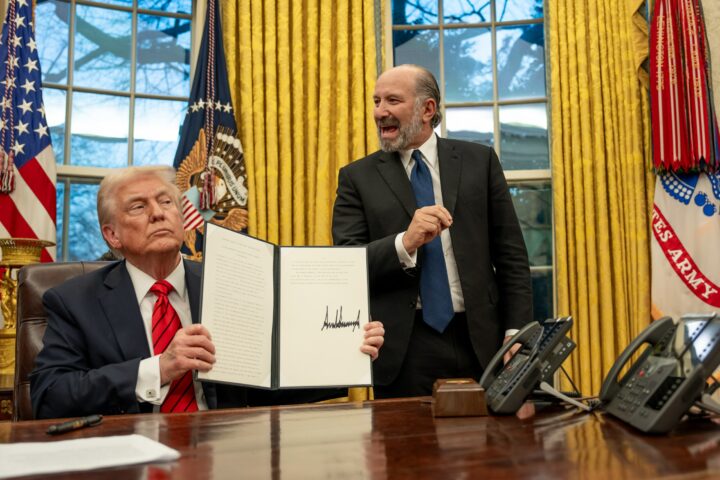The Internal Revenue Service and the Treasury Department announced on Thursday that employers will receive penalty relief for the 2025 tax year as they adapt to new reporting rules on cash tips and overtime pay under President Donald J. Trump’s One Big Beautiful Bill Act (OBBB).
The decision marks a notable concession to businesses—especially in service industries—that have been grappling with the complexity of new federal paperwork standards.
Signed into law in July 2025, the OBBB requires employers to report detailed information about cash tips and qualified overtime compensation on forms such as the W-2 and 1099.
The law is part of a broader push by the Trump administration to streamline the tax code while improving transparency around worker compensation. But after hearing concerns from small businesses and service employers about the burden of compliance, the IRS said it will treat 2025 as a “transition year.”
“Forms W-2 and 1099 for tax year 2025 will not be updated to account for the OBBB-related changes,” the agency said in an official statement. “Therefore, tax year 2025 will be treated as a transition period for IRS enforcement and administration of the new information reporting requirements for cash tips and qualified overtime compensation under the OBBB.”
In practical terms, the relief means that businesses will not be fined for errors or omissions tied to the new mandates this year. Employers will not face penalties for failing to separate out cash tips in their reports, omitting the occupations of workers receiving those tips, or neglecting to include aggregate overtime pay.
The temporary reprieve is meant to allow companies—particularly restaurants, hotels, and other service-based industries—to upgrade their payroll systems and train staff without fear of immediate enforcement. The IRS also urged employers to make good-faith efforts to support their workers’ ability to claim deductions by providing itemized information, either digitally or through written notices.
Officials described the one-year grace period as a practical step, not a rollback. Beginning in 2026, full compliance will be mandatory, and penalties will apply for inaccurate or incomplete filings. The IRS said it will publish additional guidance next year to help taxpayers properly deduct eligible tips and overtime under the new law.
The Trump administration has touted the OBBB as a signature economic reform designed to simplify tax compliance, reduce bureaucracy, and give both employers and workers clearer visibility into earnings and deductions. Supporters of the measure argue that greater transparency around tipped income and overtime will ultimately benefit employees by ensuring fairer tax treatment and preventing disputes over reported wages.
For now, business groups are welcoming the breathing room. The relief offers a temporary reprieve for employers already facing tight margins and heavy post-pandemic regulatory costs. By allowing companies time to adjust to the reporting rules, the administration appears intent on balancing accountability with flexibility—a hallmark of Trump’s pro-business approach to federal regulation.
[READ MORE: Tucker Carlson Questions Lindsey Graham’s Fixation on War, Calls It a “Psychosexual Relationship to Violence”]








